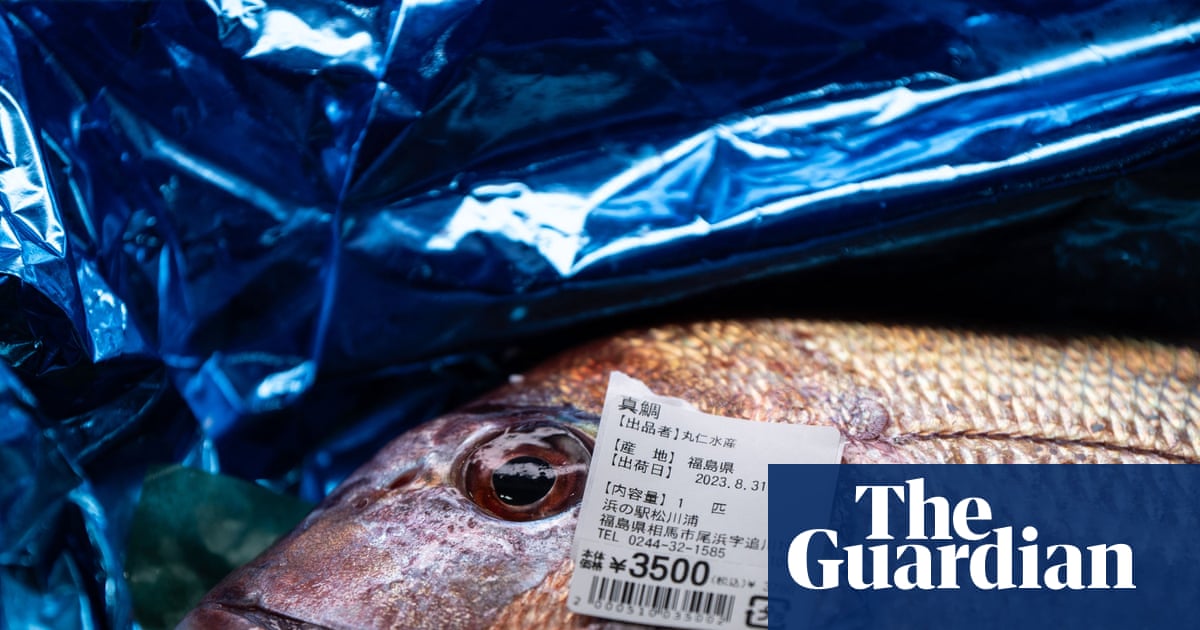China Bans Japanese Seafood Amid Escalating Diplomatic Tensions and Fukushima Water Concerns
China has suspended all imports of Japanese seafood, citing concerns over Fukushima wastewater release and strong protests regarding Takaichi's remarks, escalating diplomatic tensions between the two nations.
Overview
China has banned all imports of Japanese seafood, citing the need for further monitoring of water from the Fukushima nuclear plant released into the Pacific Ocean.
Diplomatic tensions escalated significantly after Chinese officials and state media criticized remarks made by Takaichi, leading to China's strong protest and demands for a retraction.
Beijing has threatened economic punishment against Japan unless Takaichi's comments on international law are retracted, further intensifying the dispute.
Both China and Japan have issued travel warnings, advising their citizens to take safety precautions and avoid crowded places amid the heightened diplomatic friction.
The suspension of Japanese seafood imports carries significant economic implications for Japan, as China previously accounted for over one-fifth of its seafood exports.
Analysis
Analysis unavailable for this viewpoint.
FAQ
Takaichi's remarks reportedly questioned the application of international law regarding Japan's actions, including the release of treated Fukushima wastewater, which China viewed as undermining its position and sovereignty, prompting strong diplomatic protests and the subsequent ban on seafood imports.
China is a major market for Japanese seafood, accounting for over one-fifth of Japan's total seafood exports, making the import ban a substantial economic blow to Japan's fishing industry.
The primary concern is the potential presence of radioactive isotopes in the treated wastewater, which could affect marine life and human health if not properly managed, though Japan and the IAEA maintain that the release meets international safety standards.
Yes, several countries, including South Korea and Hong Kong, have also imposed restrictions or increased monitoring of Japanese seafood imports in response to the Fukushima wastewater release.
Both countries have advised their citizens to exercise caution, avoid crowded places, and stay informed about local developments due to the heightened diplomatic tensions and potential for unrest.


